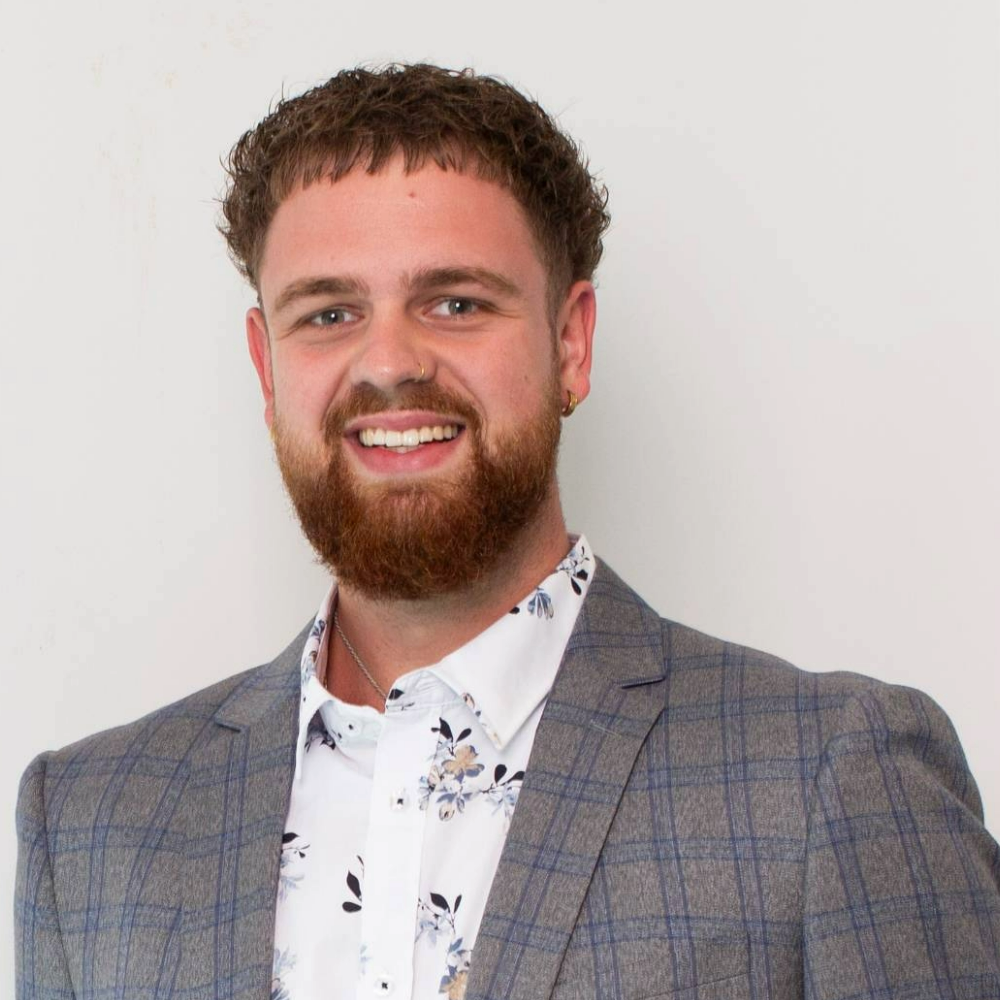When it comes to a robust recruitment process, technical skills and relevant experience are important variables in assessing a candidate’s ability to do the job well. However, what we are increasingly looking for are soft skills as a predictor of performance.
Hard skills are technical in nature and tend to be measurable and teachable. By contrast, soft skills are related to behaviour and thinking and can be key to understanding a candidate’s cultural fit, and often times, they are also very good predictors of future job performance. Soft skills can however be challenging to quantify and assess.
A good place to start is using behavioural questions during your formal interview process, where candidates are asked to share examples of specific situations they have been in where they had to use certain skills. Essentially, you are trying to understand how a candidate will act in certain circumstances based on their experiences and cognitive reasoning.
Here is a quick guide on four of the soft skills that matter the most in the current environment and are more commonly found in high potential candidates and successful hires. As well as what questions to ask and what to listen for.
Adaptability
Adaptability or flexibility can be demonstrated by both a candidate’s attitude and past actions. It is about more than simply being open to change, what you are looking for is optimism and resilience.
What to ask – Tell me about a time you were under a lot of pressure and you were leading significant change within your organisation. What was going on, how did you lead through and what was the outcome?
What to listen for – Ground-breaking ideas are great but what you are really looking for is someone who can manage pressure and ride the waves of uncertainty. Do they express a growth mindset and willingness to be agile, nimble and open to new ideas despite the uncomfortable situation?
Communication
Communication involves listening, speaking, observing and empathising. Senior leaders are responsible for communicating with a diverse range of audiences within an organisation and the best communicators can articulate their own thoughts, demonstrate confidence and gain commitment while also understanding the importance of listening to others.
What to ask – Give me an example of a time when you were able to successfully persuade someone to see things your way.
What to listen for – What is the candidate’s approach to tackling challenging conversations, did they demonstrate positivity and confidence in their own ideas or were they expressing some doubt. Were they open to compromise and create a win-win situation? Throughout the interview process you will gain insights into the candidate’s communication skills in the way they respond to questions and whether they are demonstrating respect and sincerity in their responses and interactions with you.
Collaboration
Bringing together a cognitively diverse team means you can solve problems more effectively and efficiently. Typically, an organisation that actively fosters collaboration is more innovative in its approach and decision making.
What to ask – Give an example of when you had someone within your organisation/team who was difficult to get along with. How did you handle interactions with that person?
What to listen for – Patience and a willingness to work with people who have different perspectives and approaches. You are looking for someone who understands their own work style but is also open to the views of others. Plus, look for signs of personal accountability, what did the candidate do to “fix” the situation.
Emotional intelligence
Emotional intelligence is the ability to understand and manage your own emotions, and those of the people around you. For senior leaders within an organisation, having emotional intelligence is a foundation soft skill.
What to ask – Tell me about a time where things did not go to plan? What did you learn from that experience?
What to listen for – Failure is an important learning experience and what you want to hear from a candidate is self-awareness and honesty, basically, some acceptance of their own failings. Showing empathy for those around them is also important.
During the interview and assessment process, the most successful candidates are able to demonstrate mastery of both technical skills and soft skills. Using the right assessment approach throughout your recruitment process will give you confidence in your hiring decisions.
Need help?
Decipher Group specialise in the recruitment of management, executive and governance professionals for New Zealand businesses. We also provide a suite of talent advisory, succession planning and organisational design services. We’d love to chat.
The Decipher Team
To stay on top of current recruitment trends and technologies follow Decipher Group on LinkedIn.








